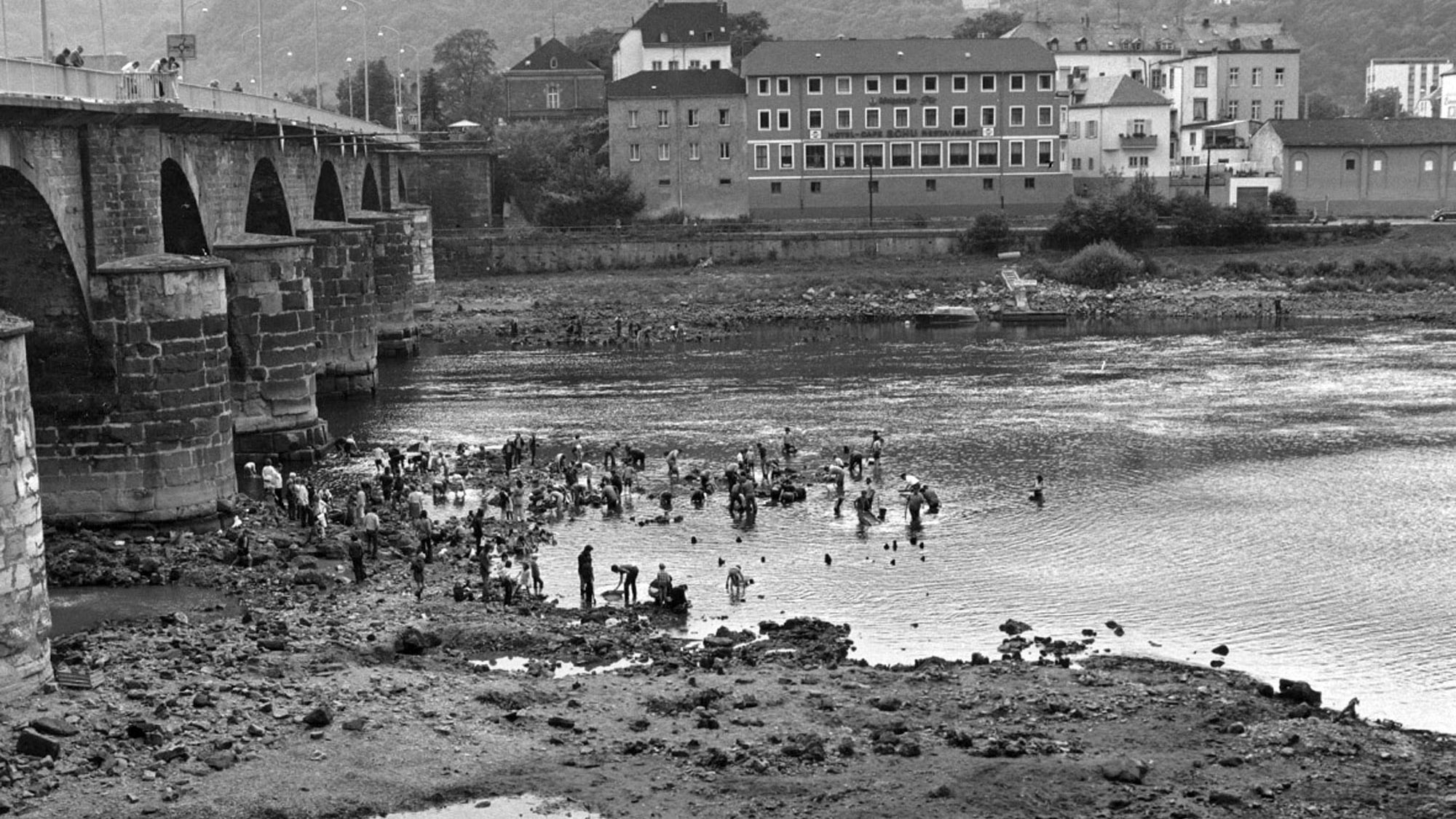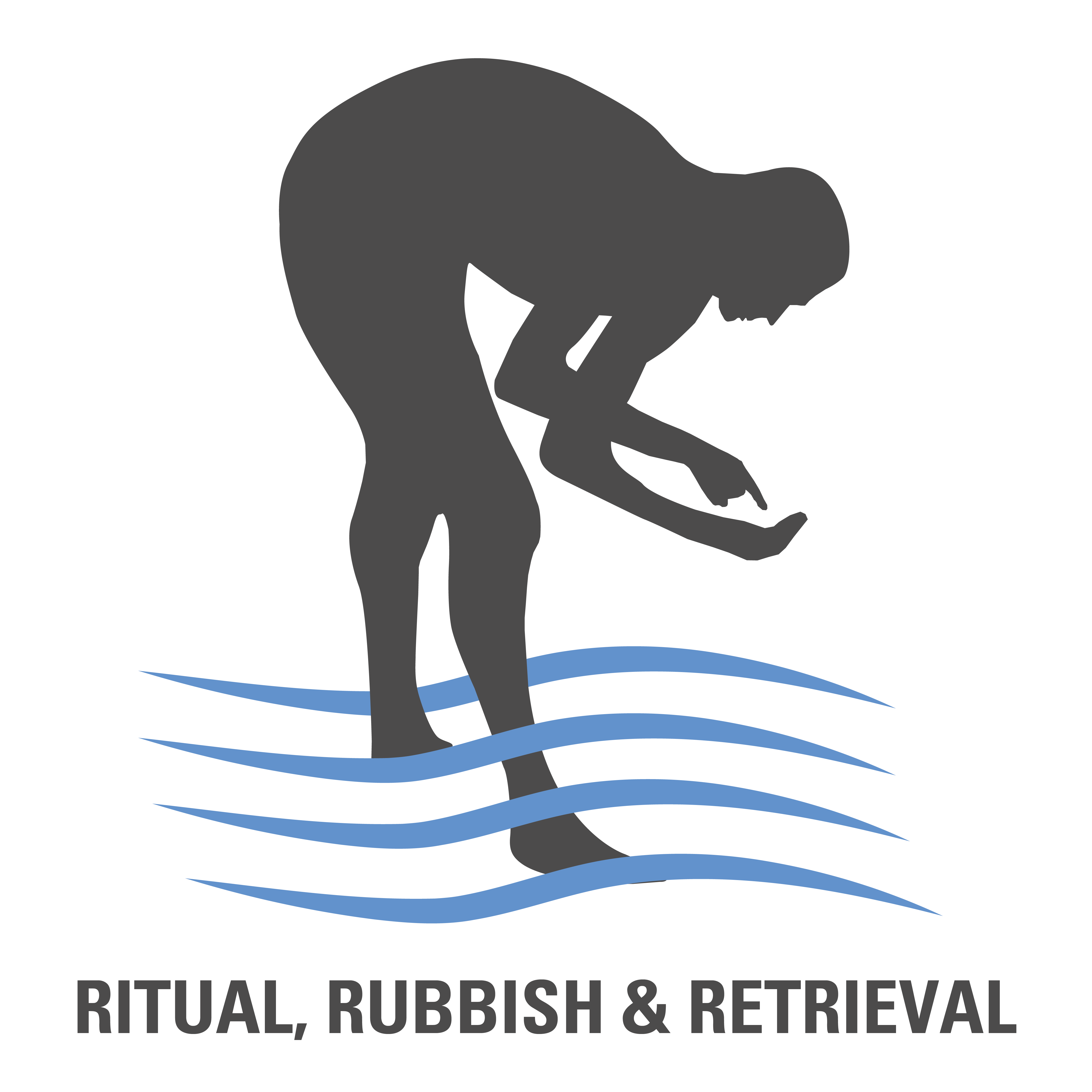Rituals, Waste and Collectors: New Approaches to Roman River Finds
From Excalibur to the Nibelungen treasure - finds in bodies of water have always fired the human imagination. Archaeological finds from rivers, lakes and other bodies of water are an important research topic in prehistoric and early medieval archaeology and are usually interpreted as ritual sacrificial finds. In Roman archaeology, discussions about the theoretical and methodological question of whether river finds are ritual sacrificial finds or waste have long hindered research into water finds from the Roman period.
In the new project Ritual, Rubbish and Retrieval: new approaches to Roman river finds, funded by the DFG and its British counterpart AHRC as part of the “UK-German Funding Initiative in the Humanities”, we want to bring together the current approaches of German and British researchers and thus give new impetus to research on Roman river finds.
The Archaeology of the Roman Provinces at the University of Cologne is working together with British colleagues Prof. Hella Eckardt (University of Reading) and Dr. Philippa Walton (University of Leicester) and in Germany with Junior Professor Dr. Ferdinand Heimerl (University of Trier). The aim of the project is to document and examine one of the largest and most diverse collections of Roman river finds from the Moselle near Trier, both in terms of its composition and the history of the collection.
Between the 1920s and 1990s, tens of thousands of objects were recovered from the Moselle in Trier by the local population and private collectors. A selection of these finds found their way to the Rheinisches Landesmuseum Trier, while numerous objects remained with the collectors. As all of these collectors are now very old, their collections are in danger of being scattered undocumented. This would mean that all the information associated with the finds would be lost, as only some of the most outstanding finds have been published to date. It is therefore one of the aims of our project to document the river finds as completely as possible and to determine their original function, dating and socio-cultural interpretation (waste or votive offerings?).
We hope that this project will not only make the extremely large number of finds accessible to researchers, but above all provide new research approaches to the ancient handling of waste, the dumping of objects in bodies of water and votive practices in Roman times. A further aim is to better understand collectors of archaeological (river) finds in order to facilitate better cooperation with this group of people interested in archaeology - a result that will be important for all archaeological periods.
Responsible persons: Eckhard Deschler-Erb, Stefanie Hoss
Collaborations: Hella Eckardt (University of Reading), Philippa Walton (University of Leicester), Ferdinand Heimerl (Universität Trier)
Funding: Deutsche Forschungsgemeinschaft

